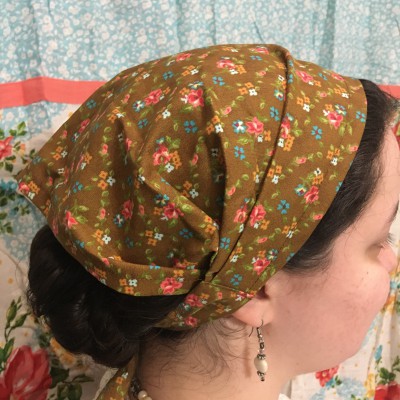Watch
Events
Articles
Market
More
Loving the new changes Rhy Bezuidenhout . Thank you!



The integrity of the upright guides them, but the crookedness of the treacherous destroys them.
#proverbs 11:3
Integrity is the characteristic of being the same person in all circumstances. The upright always knows how to speak and treat people because he has only one face.



Finally restocked my headcoverings in my Etsy shop! Check them out here: https://www.etsy.com/shop/TorahLedHomestead




Finally restocked my headcoverings in my Etsy shop! Check them out here: https://www.etsy.com/shop/TorahLedHomestead




Finally restocked my headcoverings in my Etsy shop! Check them out here: https://www.etsy.com/shop/TorahLedHomestead




